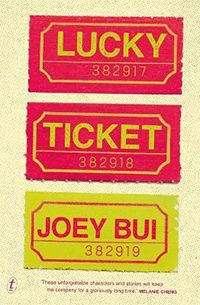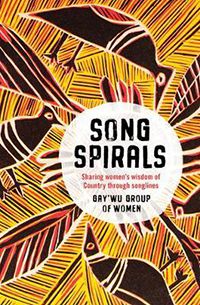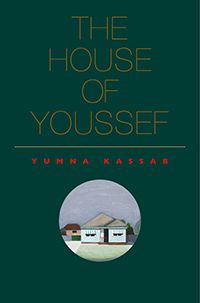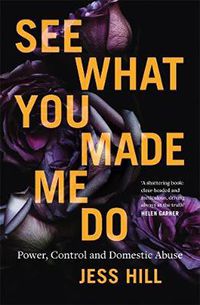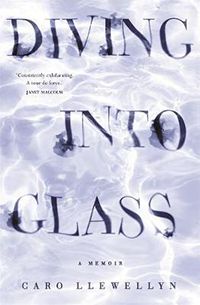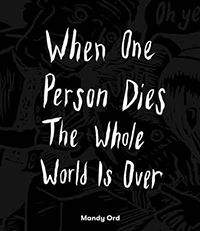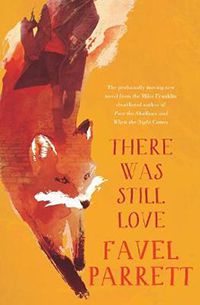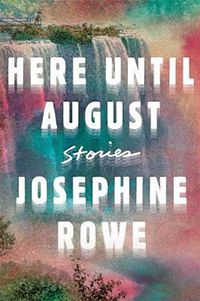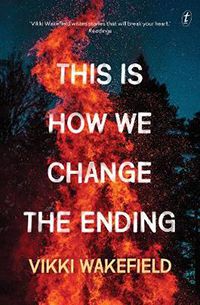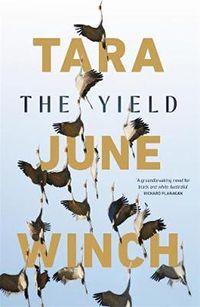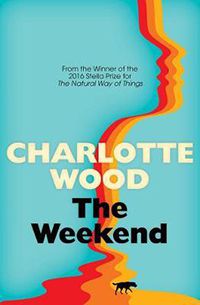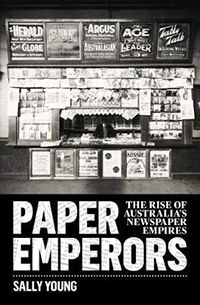The longlist for this year’s Stella Prize has been announced. This $50,000 prize is awarded for the best work of literature, fiction or non-fiction by an Australian woman published in 2019.
Chair of the 2020 Stella Prize judging panel, Louise Swinn, says: ‘All of the writers we longlisted are finding innovative ways to communicate their stories, and there is a very real sense when opening these books that an honest dialogue is being entered into. These authors are craftspeople serious about their intention and dedicated to the art. We were educated and entertained by these twelve longlisted books and we recommend them heartily.”’
Below are the 12 longlisted books for the 2020 Stella Prize.
Lucky Ticket by Joey Bui
In this highly original fiction debut, Joey Bui introduces a diverse range of characters: A migrant worker leaves to earn money in the UAE in order to be able to marry his fiancée; a genial, disabled old man sells lottery tickets on a street corner in bustling Saigon; two students in Melbourne, one Vietnamese narrator and the other white, develop a strained friendship. With these stories, Bui makes us think differently about identity, mixed-race relationships, difficulties between family generations, war and dislocation.
Songspirals by Gay’wu Group of Women
Aboriginal Australians are the longest-surviving human culture on earth, and at the heart of Aboriginal culture is song. These ancient narratives of landscape have often been described as a means of navigating across vast distances without a map, but they are much, much more than this. Songspirals are sung by Aboriginal people to awaken Country, to make and remake the life-giving connections between people and place. This book provides a rare opportunity for outsiders to experience Aboriginal women’s role in crying the songlines in an authentic direct form.
The House of Youssef by Yumna Kassab
This debut collection of short stories by Yumna Kassab is remarkable for its minimalism. Set in the suburbs of Western Sydney, it portrays the lives of Lebanese immigrants, and their families. The stories revolve around their hopes and regrets, their feelings of isolation, and their nostalgia for what they might have lost or left behind. In particular, The House of Youssef is about relationships, and the customs which complicate them: children growing away from their parents, parents anxious about their children’s futures, the intricacies of marriage, the breakable bonds of friendship.
See What You Made Me Do by Jess Hill
Domestic abuse is a national emergency: one in four Australian women has experienced violence from a man she was intimate with. But too often we ask the wrong question: why didn’t she leave? We should be asking: why did he do it? Investigative journalist Jess Hill puts perpetrators – and the systems that enable them – in the spotlight. Combining forensic research with riveting storytelling, See What You Made Me Do radically rethinks how to confront the national crisis of fear and abuse in our homes.
Diving into Glass by Caro Llewellyn
Caro Llewellyn was living her dream life in her adopted home of New York, directing an international literary festival. Then one day, running in Central Park, she lost all sensation in her legs. Two days later she was diagnosed with multiple sclerosis. No stranger to tragedy – her father Richard contracted polio at the age of twenty and spent the rest of his life in a wheelchair – she was herself blindsided by illness, and unable to summon any of the grace and courage she’d witnessed growing up. An emotionally brutal memoir of family, vulnerability and purpose, Diving into Glass is a searing, often funny portrait of the realities of disability.
When One Person Dies the Whole World is Over by Mandy Ord
When One Person Dies the Whole World is Over is a poignant, bright and elegiac work of illustrated nonfiction by one of Australia’s most revered comics makers. A record of one year in a life, this book is an attempt to pin down time, to capture the most beautiful and fleeting moments that we tend to rush past. Mandy Ord explores ageing, love, and loss, and how we might try to balance work and family and art in this confusing modern world.
There Was Still Love by Favel Parrett
Ludek and Liska are twin sisters, separated at fifteen by the Nazi invasion of Czechoslovakia in 1938 and then kept apart by the Cold War. In the 1980s, each sister raises a grandchild; Liska in Melbourne and Ludek in Prague. Based on the experiences of Parrett’s own grandparents, There Was Still Love spans timelines and locations, focussing on the strong women who bind families together and touching on themes of separation, exile and identity.
Here Until August by Josephine Rowe
From the Catskill Mountains to Snowy Mountains, the abandoned island outports of Newfoundland to the sprawl of an Australian metropolis, this collection from one of Australia’s most gifted writers shows us how the places we inhabit shape us in ways both remote and intimate. These stories follow the fates of characters who, by choice or by force, are travelling beyond the boundaries of their known worlds. We meet them negotiating reluctant partings, navigating uncertain returns or biding the disquieting calm that often precedes decisive action.
This is How We Change the Ending by Vikki Wakefield
Sixteen-year-old Nate McKee has a lot of worries on his mind: his violent dad’s treatment towards his partner Nance and their toddler twins, his mouthy best friend Merrick, a lack of personal space, school work, the future of the planet. To survive, he’s learnt to be invisible, but when the local youth centre, YouthWorks – a haven from his chaotic family life – is threatened with closure, he’s forced to stop waiting for things to be different, and take action instead, managing to find hope in the face of apathy.
The Yield by Tara June Winch
Knowing that he will soon die, Albert ‘Poppy’ Gondiwindi takes pen to paper. His life has been spent on the banks of the Murrumby River at Prosperous House, on Massacre Plains, and he is now determined to pass on the language of his people and everything that was ever remembered. His granddaughter, August Gondiwindi, is on the other side of the world when she learns of his death. At her bittersweet homecoming, she learns that Prosperous is to be repossessed by a mining company. The Yield is the story of a people and a culture dispossessed, but it also a powerful reclaiming of Indigenous language, storytelling and identity.
The Weekend by Charlotte Wood
Four women in their seventies have shared a lifelong friendship of the best kind – loving and practical, frank and steadfast – but when Sylvie dies, her absence sends reverberations along the faultlines of the remaining bond between the other women. The three of them come together at Christmas, not to celebrate but to clean our Sylvie’s beach house before it’s sold. Over the next couple of days, tensions rise and tempers fray, and it becomes clear their friendship may not survive.
Paper Emperors by Sally Young
In this magisterial book, Sally Young demonstrates how newspaper owners influenced policymaking, lobbied and bullied politicians, and shaped internal party politics. The book opens in 1803 with Australia’s first newspaper owner - a convict who became a wealthy bank owner - and traces the medium’s history all the way up to the household names of today. Spanning 140 years, Paper Emperors reveals how Australia’s media system came to be dominated by a handful of empires and powerful family dynasties.


